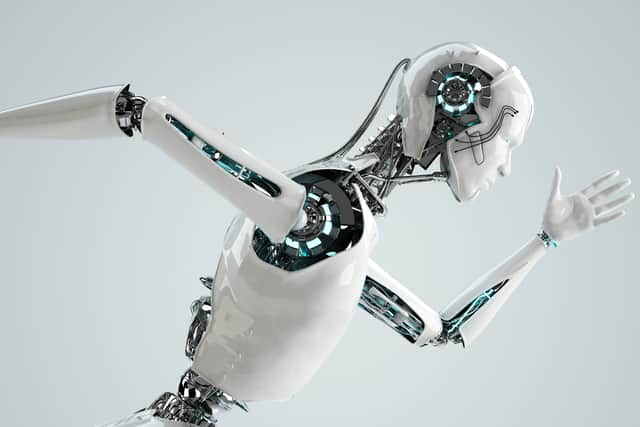Scientists warn Artificial Intelligence could ‘annihilate’ mankind if not properly regulated
Rogue Artificial Intelligence (AI) could wipe out humanity as we know it, MPs have been warned. AI - the simulation of human intelligence processes by machines - has made great leaps in recent years and is now a part of everyday life, used for applications such as speech to text and facial recognition.
Researchers told a science and technology committee that AI could pose an ‘existential threat’ to humanity. MPs were also informed how the AI industry had slowly evolved into an arms race.
Advertisement
Hide AdAdvertisement
Hide AdWith countries competing to develop the technology for military as well as civilian use, concerns have been raised, for example, regarding nuclear weapons, should AI not face some form of regulation.
Michael Cohen, a doctoral student at Oxford University, said: “With superhuman AI there is a particular risk that is of a different sort of class, which is . . . it could kill everyone.
“If you imagine training a dog with treats: it will learn to pick actions that lead to it getting treats, but if the dog finds the treat cupboard, it can get the treats itself without doing what we wanted it to do.”
Professor Michael Osborne, an expert in machine learning, added: “I think the bleak scenario is realistic because AI is attempting to bottle what makes humans special — that [quality] has led to humans completely changing the face of the Earth.


“Artificial systems could become as good at outfoxing us geopolitically as they are in the simple environments of games. There are some reasons for hope in that we have been pretty good at regulating the use of nuclear weapons. AI is as comparable a danger as nuclear weapons.”
Comments
Want to join the conversation? Please or to comment on this article.
